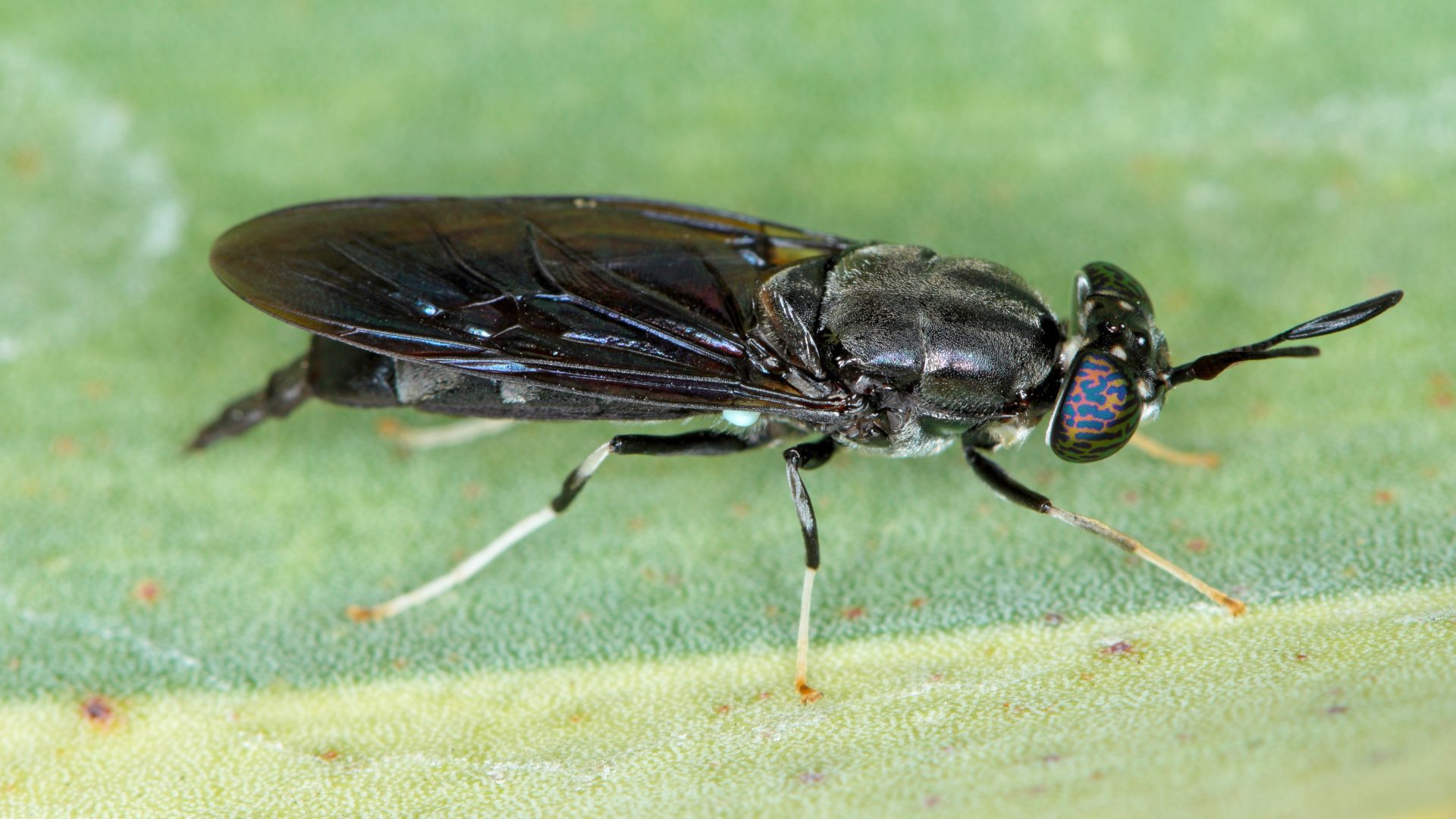Yorkshire Water is funding Fera Science Limited to deliver a three-month preliminary research programme to determine the ability of black soldier fly larvae to manage sewage sludge, using a process called insect bioconversion.
The organisations have joined forces to explore the use of insects to develop a circular, nature-based and cost-effective way to manage and reduce the volume of sewage sludge.
Black soldier fly and its larvae are being farmed worldwide as an alternative protein source that can be used in aquaculture, pig and poultry feed. Black soldier fly can be reared on various waste streams, including agricultural and food waste.
Research is now underway to test the feasibility of using insect bioconversion in the wastewater treatment process. Insect bioconversion is the process of feeding insect biomass residue to create valorised products, such as high-quality proteins and oils, packaging materials or soil nutrients. It is a circular economic practice that reduces waste, provides alternative – sustainably sourced – ingredients for animal feed.
Richard Kershaw, wastewater innovation programme manager at Yorkshire Water said: “Yorkshire Water is committed to exploring innovative ways of dealing with the most challenging aspects of wastewater management, including the treatment and disposal of sewage sludge. Insects may offer a circular, nature-based and cost-effective way to reduce the volume of sewage sludge that needs to be disposed of, hence our interest in and commitment to funding this preliminary work with Fera.
“Once the preliminary research has been completed, we will look to work with water company and commercial partners to fully explore the viability of Insect Bioconversion to help us manage this complex waste sustainably, safely and effectively.”
Fera has led insect bioconversion research and development in the UK and EU for the past ten years and built a laboratory in York, the first of its kind in the UK. Fera’s facilities help organisations from across the food industry and other sectors to expand the scope of insect bioconversion research to factory production scale.
Dr Maureen Wakefield, principal scientist entomology at Fera is leading the research for Yorkshire Water: “The research project for Yorkshire Water is by design limited in scope but has the potential to point the way forwards to larger scale research programmes that may support companies to use circular solutions to manage complex wastewater streams effectively.”



